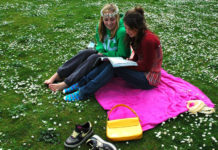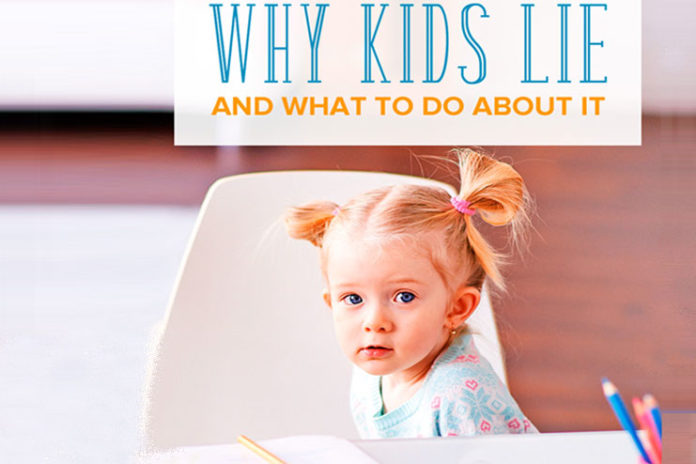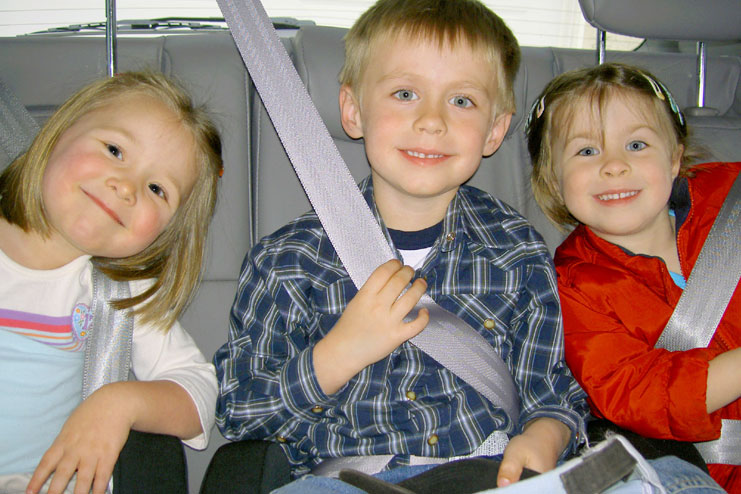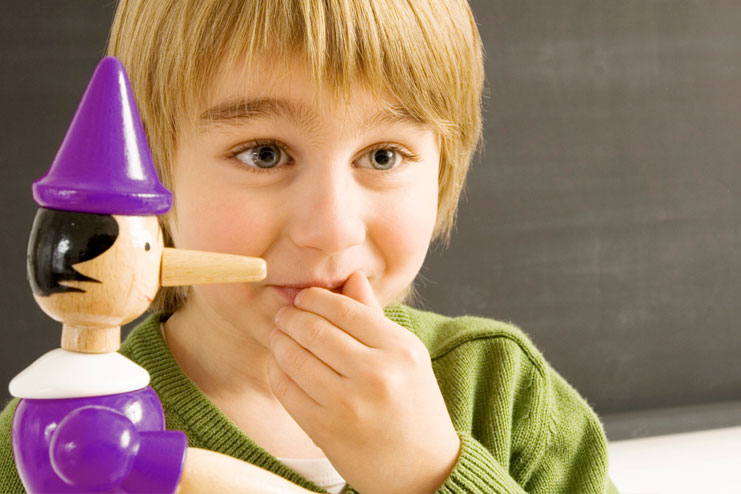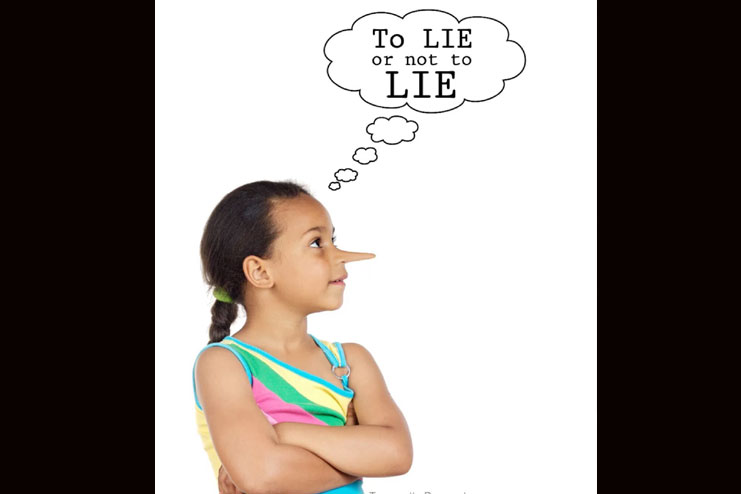Affiliate Disclaimer
Some links in this article are affiliate links. We may earn a small commission if you make a purchase through these links, at no extra cost to you. We only recommend products we find useful to our readersI always wanted to thank Pinocchio for just being a story I accidentally picked to read for my newborn. We may have fixed the many years of unsuccessful lying by my little storyteller, and how, it follows below. The above compilation on “why kids lie and how can we prevent it” is based on my own learnings and readings into child psychology and live training with my little one. I always wonder what goes inside the little minds, how they perceive, draft and formulate anything which is obvious. And best about our Pinocchio ritual, that goes a long way. As a bedtime routine we began sharing some stories with my little one, Pinocchio (don’t know why) being a personal favorite. With his nose becoming large every time Pinocchio would lie under stress, it is still a reality my almost 5 year old princess believes in.
That’s how I came across the existence of urge in little ones to lie and maybe in their opinions elaborate as thoughts come up. Every child lies, they begin with unintentional ones and proceed to a more practiced lie. From age 3 to age 5 they are more of beginning to lie and maybe somewhat successful. But from past age 6 and almost age 9-10 they are seasoned and mostly successful in their attempts to lie. As a parent and moreover as a friend who herself has been there and done that, it is critical to evaluate and ascertain before spanking or punishing a child. There are reasons for every gesture, and if it’s a lie the kids may have learnt it from parents. As parents are the idols, children look up to and emulate everything from, they want to act and be like parents.
[Read: Best baby parenting books]
Some Psychological and Behavioral Reasons on Why Kids Lie:
1- To actively participate in interactions:
Children need to be a part of every interaction and every situation discussed at home. They themselves start devising their own sweet methods to discuss in every household issue. They may sometimes make innocent stories which again are silly lies.
2- They are self-defensive:
Children are full of life and full of energy. They do end up breaking, damaging or spoiling things. They adopt lying as their self defense mechanism to prevent parental rage. They also get worried as their unintentional mistake may let them into some punishment or trouble. So they start lying.
3- To establish their own identity:
Children start lying to show their strength and smartness to peers, teachers and siblings. They may not have done what they speak of. But this helps in creating their identity which they wish for them to know
4- To be the centre of attention:
Every child is the apple of their parents eyes, and they need the same reception at school, at park and everywhere. They need attention and they grab the thinnest chance to conquer attention.
5- Their make-believe or imaginative-pretend play exercises makes lying inconsequential:
Lots of toys and activities focus on building imagination and pretending to be someone they are not. Children start emulating the same concept in real life by telling tales and stories which actually end up more for a lie.
6- They learn it from us:
Yes children learn most of what they do, from parents. They are the reflection of parental attitude, opinion and behavior. We must stop accusing our children and their peers for instilling any bad habit. It is we who have exemplified lying. Don’t we say “Oh what a pretty dress”, “Woah I like it that way”, “aww thats a pretty one” , when actually we dislike it completely. That’s how children learn, it is better to lie than to dishearten anyone. It begins as a revolutionizing positive statement or as WHITE LIES, but ends up into lying as a habit.
7- Check responses:
When children lie we respond more, we show ample reactions than when they tell the truth. Children like the elaborate discussions, annoying us and making us interact more and more. Thats how their habit of lying progresses further. They start making lie more utilized than anything else and end up being successful in lying every time.
8- Make their story exciting and sound more fun:
A lie sounds captivating and invigorating as you have no bars, just keep adding further. That’s how the kids perceive it. An interesting tale, which is hilarious and comprehensive.
[Read: Stomach flu treatment for kids]
How to Prevent Children from lying:
Though every child goes through their phase of cute-silly lies to serious lies. And we may not be able to contain the initial lying expeditions of our little ones. But there are numerous ways we can instill honesty and truth in our little version of self. Some such ways are:
1- Going back to where i began from, The Pinocchio tale:
We as a family began practicing the Pinocchio ritual every time there was a cute-silly lie by any of us. I remember myself using it often, if i say a lie my nose enlarges. And even asking my little one, “is my nose big now? She still believes this is true and keeps asking every time she may have spilled some blurt and vague truths. It is n’t a lie detector, but this has enforced a little concept that when we lie our body changes and shows it out. This may not work for much, but for now it works brilliant. Find a Pinocchio tale and stick to it as a family ritual. Moral: Try reading stories which emphasize honesty and the power of truth. It has worked and still working great in my case.
2- Be consistent in your reaction and behavior:
Do not let your reactions for a lie be over the top and fun for your little ones. Keep a consistent pattern and be firm when you refuse any lie, do not make it more of a new story session in line.
3- Do not lecture:
Not every time is good for lecture. Let your kids enjoy some free time, just a firm “this is not done” or “watch what you say” has great impact on children.
4- Don’t give situations which prompt a lie:
A child must not be asked who did it? Rather, oh this is done, lets help fixing it. And make it sure its not fun else this is a recurring event already. Who spilled the juice or oh lets clean the juice, which fell by accident. Choose what you would like to hear.
[Read: Teenage stress causes and remedies]
5- Praise your child and reward for all their good works:
This will help in creating a self esteem. The child would not use exaggerated lie to make themselves look good.
Remember white lies are also lies, despite the good intentions they still fall in the category of a lie. Don’t let your fabricated white lie be a learning point for your child. Instill honesty and pride in your child. Show your love and affection for their righteous deeds. And be firm when you find a lie. Do not vent-out-all by spanking or punishing, rather be consistent and communicate with the child.
The above compilation on Why Kids Lie and How Can We Prevent it, is based on my own learnings and experiences with my little one. Though not every trick works and not every situation turns out utopian. But keep trying, for every child grows and makes their own choices. We can just help them choose and adopt the better ones.
Minu Manisha




















